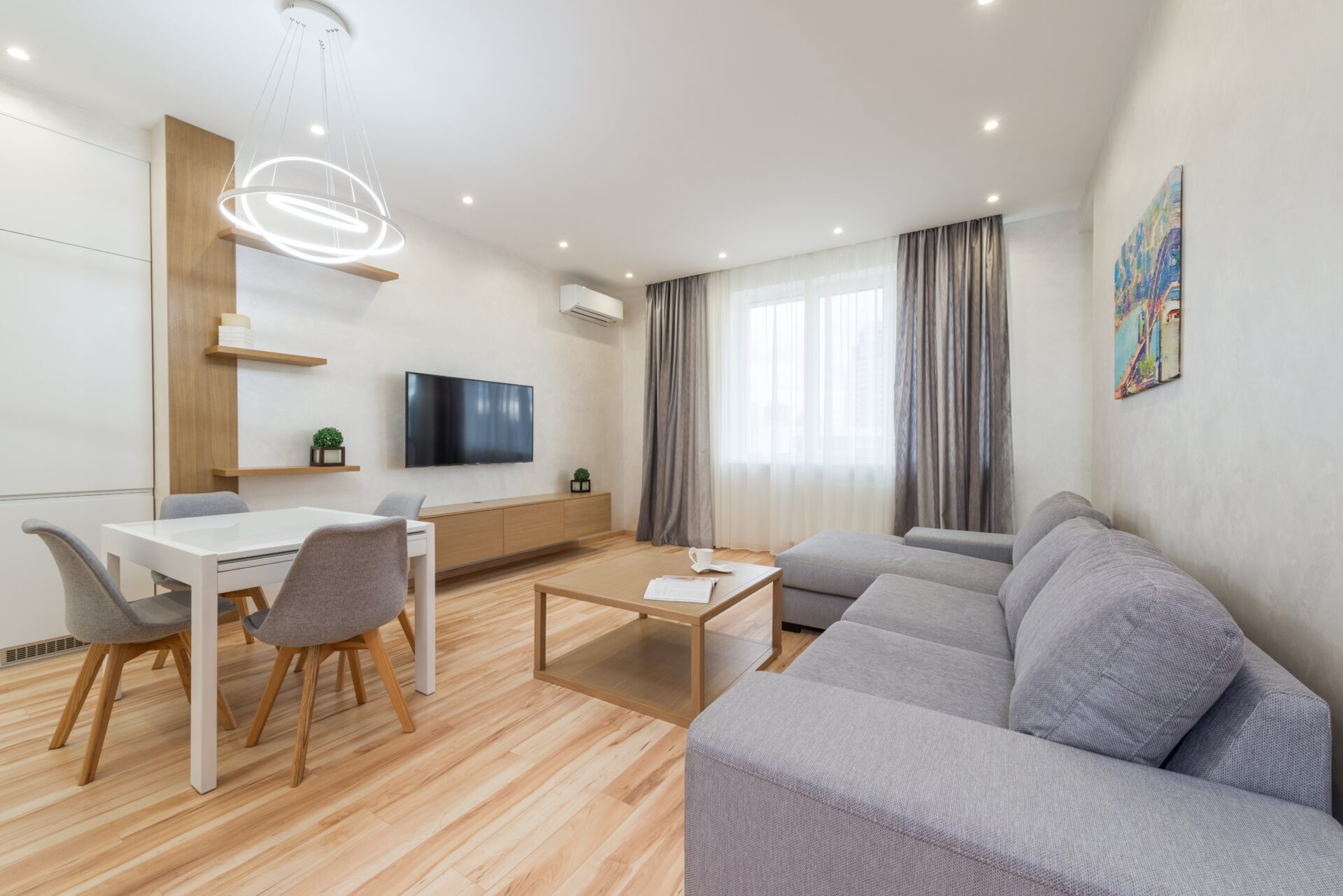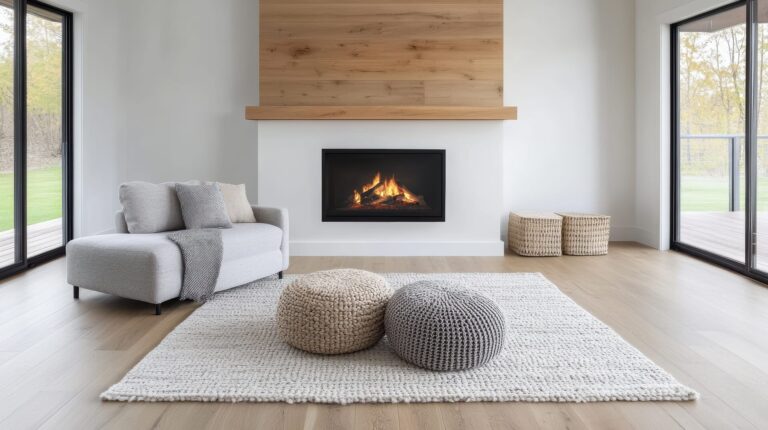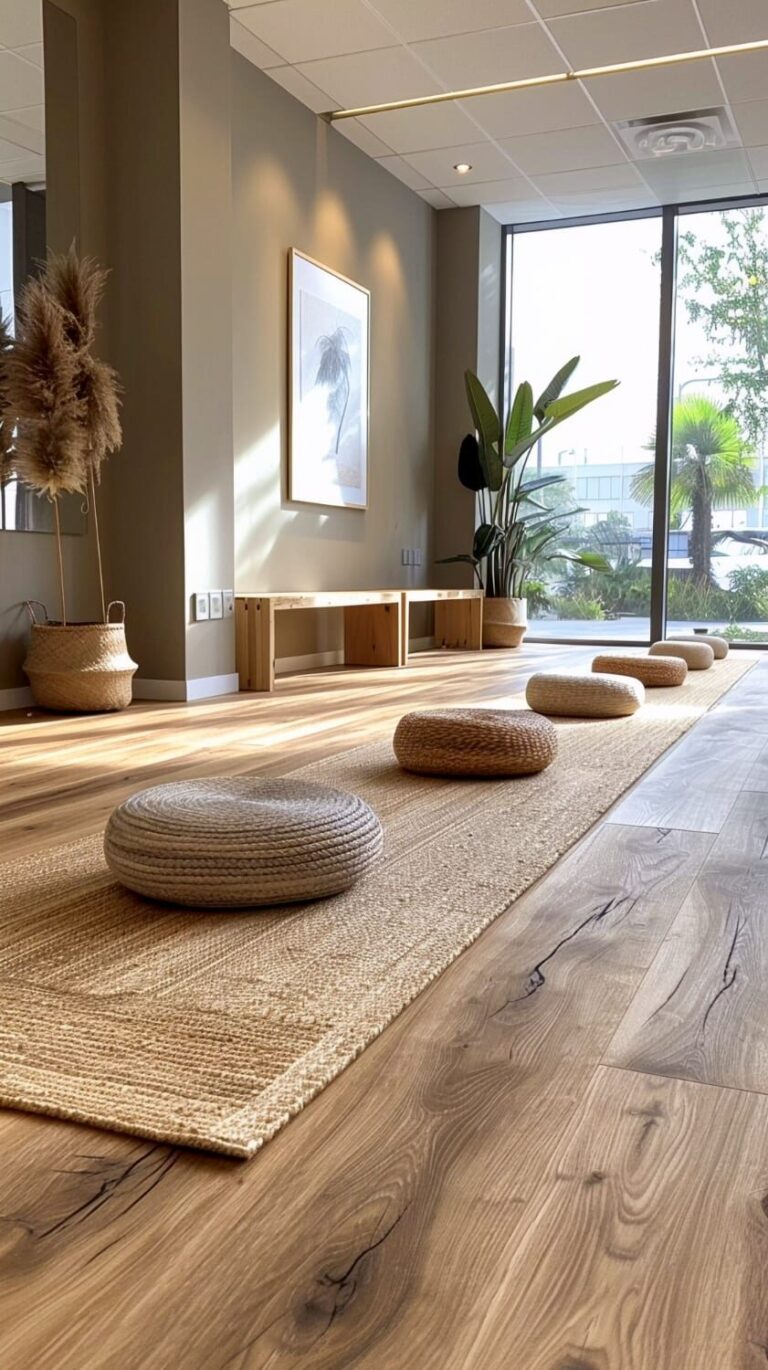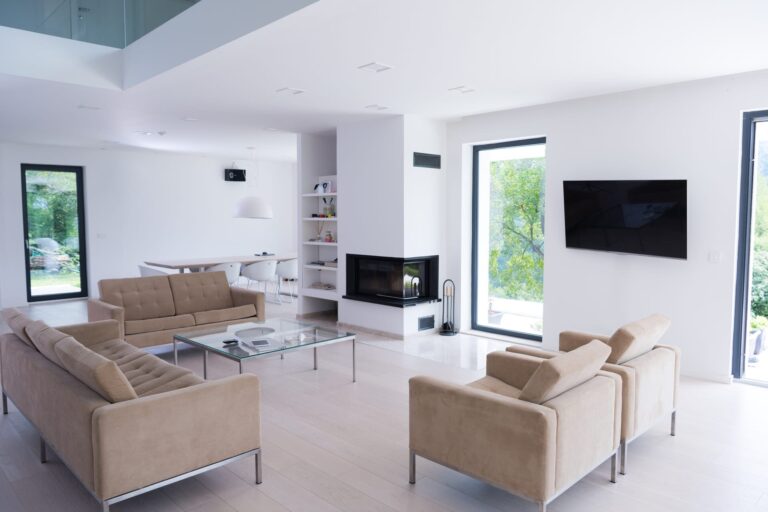- Hardwood Flooring
Engineered vs. Solid Hardwood: Selecting the Best Option for Your Home
January 29, 2024

In the realm of flooring, the choice between engineered and solid hardwood is a pivotal decision that greatly influences the aesthetics, durability, and functionality of your space. Both options offer unique advantages and considerations, making it essential to understand the differences before making a final decision.
Engineered hardwood: the modern marvel
Engineered hardwood, a contemporary flooring solution, is designed to overcome some of the limitations of solid hardwood. Comprising multiple layers of wood veneers stacked and glued together, with a top layer of genuine hardwood, engineered flooring delivers a visually appealing finish with enhanced stability.
Advantages of engineered hardwood
Dimensional stability: Engineered hardwood is less susceptible to fluctuations in temperature and humidity compared to its solid counterpart. This makes it an ideal choice for areas with varying climate conditions, such as basements or regions with high humidity levels.
Versatility in installation: Engineered hardwood can be installed in a variety of ways, including floating, gluing, or stapling. Its flexibility allows for installation over concrete slabs and radiant heating systems, expanding the range of spaces where it can be utilized.
Environmental sustainability: The construction of engineered hardwood involves using less hardwood material compared to solid hardwood, making it a more environmentally friendly option. This can be a crucial factor for homeowners with a focus on sustainability.
Solid hardwood: timeless elegance
Solid hardwood, a classic choice that has stood the test of time, is crafted from a single piece of wood. This flooring option exudes warmth and timeless beauty, making it a preferred choice for many homeowners.
Advantages of solid hardwood
Longevity and durability: Solid hardwood is renowned for its durability and longevity. With proper care and maintenance, it can last for generations, offering an enduring investment for your home.
Refinishing potential: One of the standout features of solid hardwood is its ability to be sanded and refinished multiple times. This allows homeowners to refresh the appearance of their floors, addressing wear and tear and adapting to evolving design trends.
Authenticity and aesthetic appeal: The authentic beauty of solid hardwood cannot be replicated entirely by engineered alternatives. The natural variations in grain patterns and colors contribute to a unique and captivating visual appeal.
Making the right choice for your home
Foot traffic: Assess the level of foot traffic in your home. For high-traffic areas, engineered hardwood may be a more practical choice due to its enhanced durability and resistance to moisture.
Climate and environment: Consider the climate and environment of your location. Engineered hardwood is less prone to expansion and contraction caused by changes in temperature and humidity, making it suitable for a broader range of environments.
Installation preferences: Your preferred installation method can also guide your decision. If you are looking for a floor that can be easily installed over various subfloors, engineered hardwood may be the more suitable option.
In the debate between engineered and solid hardwood, there is no one-size-fits-all answer. The choice ultimately boils down to your specific needs, preferences, and lifestyle considerations. Both options offer unique benefits, and understanding these distinctions empowers you to make an informed decision that aligns with the vision you have for your home.
Make the right choice with American Floor & Home
Visit American Floor & Home in Honolulu, HI, where our team of flooring experts is ready to guide you through the selection process. Serving the areas of Honolulu, Kaneohe, Kailua, Mililani, and Aiea, HI, we offer a wide range of quality flooring options to suit every style and budget. Make the right choice for your home by experiencing the unparalleled service and expertise at American Floor & Home. Your dream floors are just a visit away!


